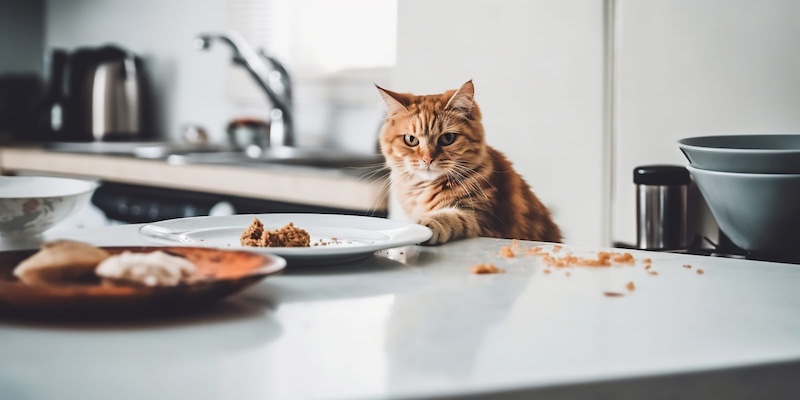Cats have unique dietary needs and are sensitive to many foods that are harmless to humans. Feeding your cat something that isn’t part of a well-balanced diet designed for felines can lead to serious health issues. Here are ten foods to keep away from your curious kitty to ensure their safety and well-being.
1. Onions and Garlic
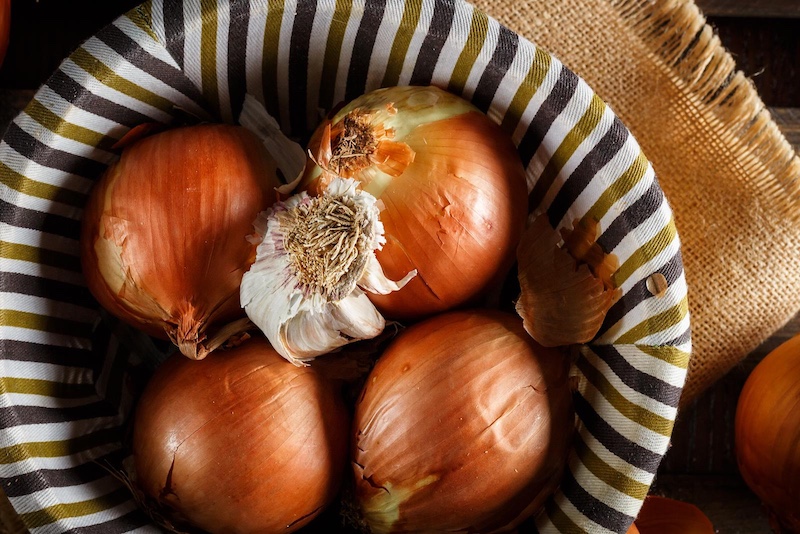
Onions and garlic, along with other members of the allium family, are highly toxic to cats. Both cooked and raw forms can cause severe damage to their red blood cells, leading to a dangerous condition called hemolytic anemia. Even small amounts over time can cause illness, so be cautious about foods that might have these ingredients as hidden components.
2. Chocolate
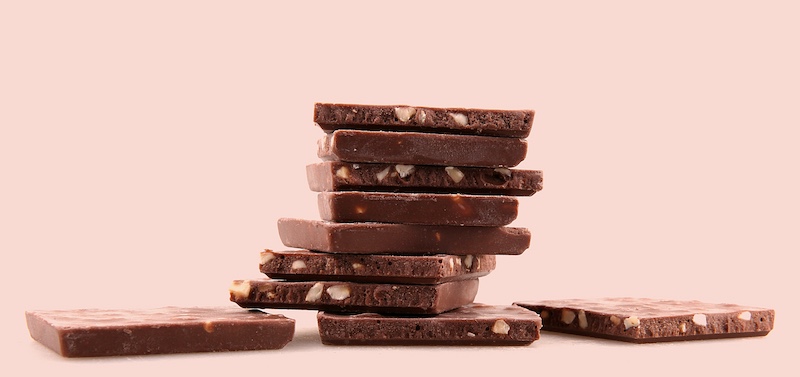
Chocolate is well-known for being toxic to dogs, but it’s also dangerous for cats. Theobromine and caffeine, two compounds in chocolate, can cause vomiting, diarrhea, tremors, seizures, and even death if ingested in large amounts. Dark chocolate and unsweetened baking chocolate contain the highest levels of these harmful compounds and are especially hazardous.
3. Alcohol

Even a small amount of alcohol can have serious effects on your cat’s health. Alcohol poisoning can lead to vomiting, lethargy, and, in severe cases, liver damage or coma. Due to their smaller size and different metabolism, cats are particularly susceptible to the effects of alcohol, so it’s best to keep any beverages, mouthwash, or foods containing alcohol out of reach.
4. Caffeine

Cats are highly sensitive to caffeine, and consuming even a small amount can result in rapid heart rate, hyperactivity, tremors, and potentially life-threatening complications. Caffeine is found in coffee, tea, soda, and some medications, so be careful where you leave your morning coffee or energy drink to keep it away from curious paws.
5. Grapes and Raisins
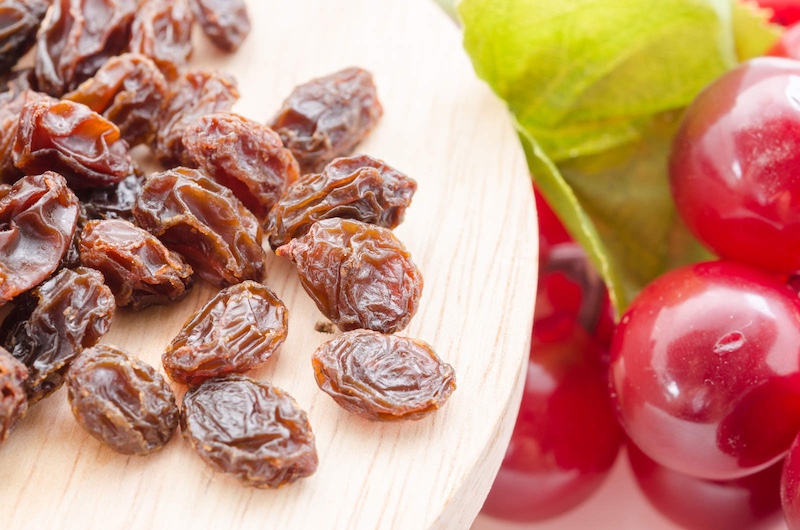
Grapes and raisins are dangerous for both cats and dogs, although the exact toxin isn’t fully understood. In cats, ingestion can lead to kidney failure. Symptoms include vomiting, lethargy, and loss of appetite, often followed by more severe kidney-related complications. While cats may not be as attracted to grapes as dogs, it’s still wise to keep these foods securely stored.
6. Dairy Products

Contrary to the popular image of cats enjoying a bowl of milk, most cats are lactose intolerant. Dairy products can lead to digestive upset, including bloating, gas, and diarrhea. Stick to cat-safe treats, as cats gain no nutritional benefit from dairy, and it may cause more harm than good.
7. Raw Meat, Fish, and Eggs
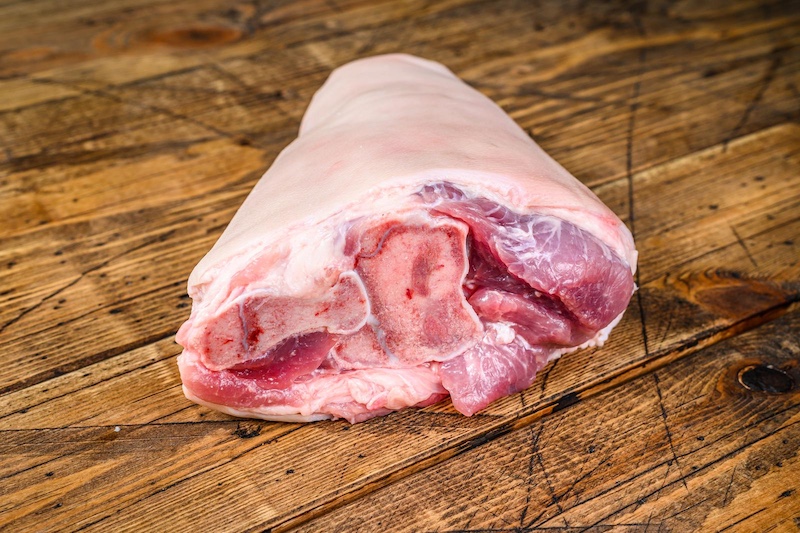
While cats are obligate carnivores, meaning they need animal protein, raw meat, fish, and eggs can pose risks due to harmful bacteria like Salmonella and E. coli. Additionally, raw fish contains an enzyme called thiaminase that breaks down thiamine (vitamin B1), leading to a deficiency that can cause neurological issues.
8. Bones
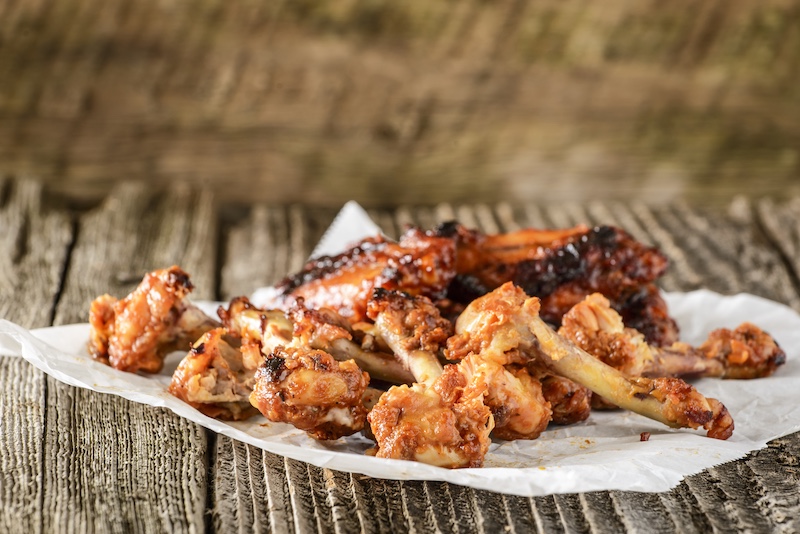
Bones, whether cooked or raw, can be a choking hazard or cause serious internal injuries in cats. Small bones can splinter, damaging the gastrointestinal tract, leading to blockages or tears that require immediate veterinary care. Avoid giving your cat bones and instead choose cat-safe chew treats if you want to satisfy their need to gnaw.
9. Fat Trimmings and Fried Foods
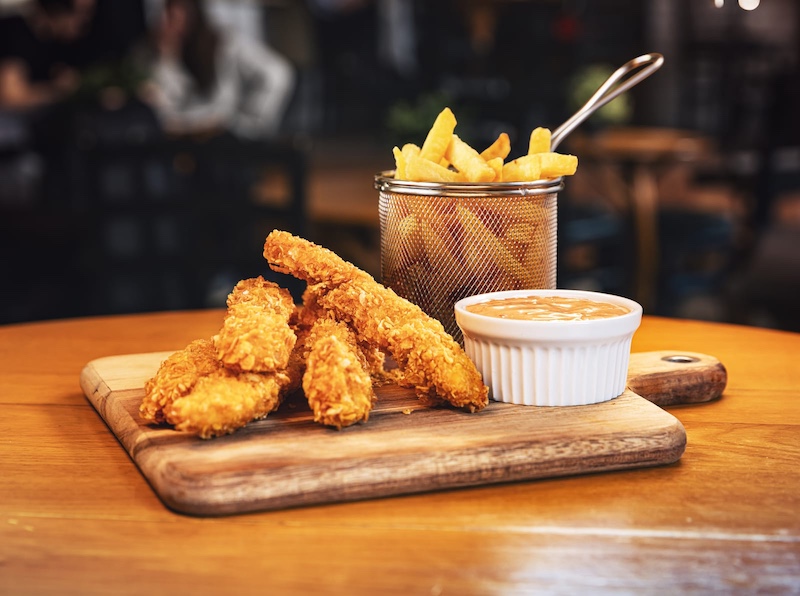
Fat trimmings, whether cooked or raw, can cause gastrointestinal upset and even lead to pancreatitis, a painful and sometimes life-threatening inflammation of the pancreas. Fried foods, with their high-fat content, pose similar risks and are often loaded with salt, which can lead to dehydration or sodium ion poisoning in severe cases.
10. Xylitol
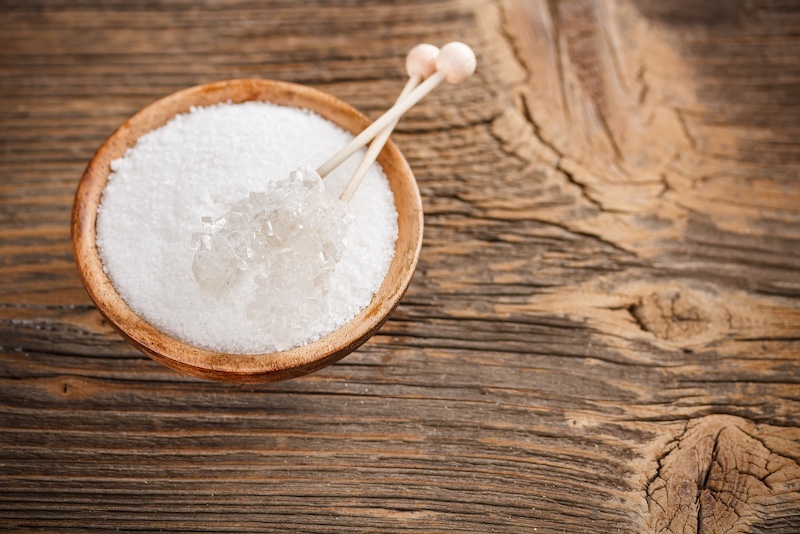
Xylitol, a common sugar substitute found in sugar-free gums, candies, and some baked goods, can be deadly to cats. Ingestion can lead to a rapid insulin release, causing a dangerous drop in blood sugar levels (hypoglycemia). Symptoms like vomiting, lethargy, loss of coordination, and seizures can occur. While more research has been done on its effects in dogs, it’s best to keep any xylitol-containing products away from your cat as a precaution. Please Note: This content was created with the assistance of AI and thoroughly edited by a human before publishing.

